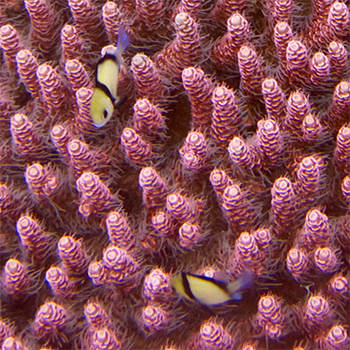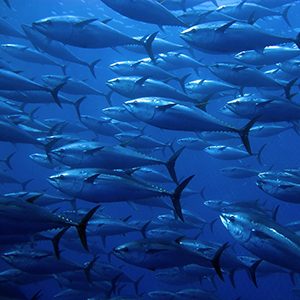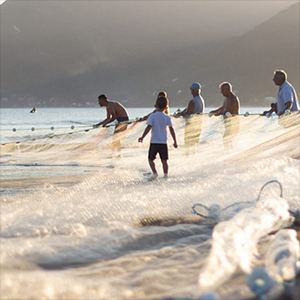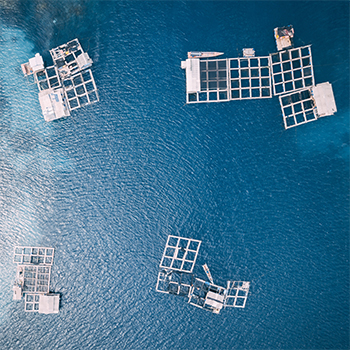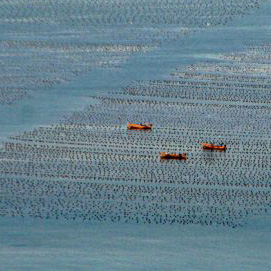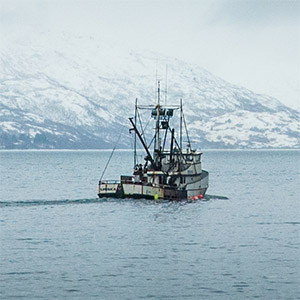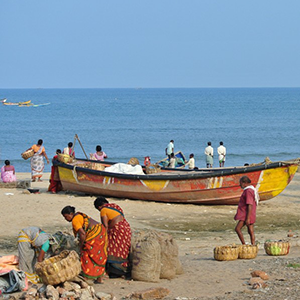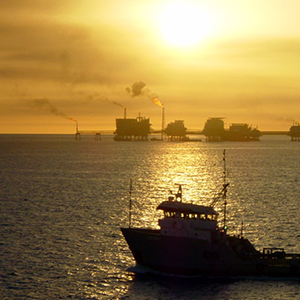Coral reefs are 50% less able to provide food, jobs, and climate protection than in 1950s, putting millions at risk
Global coverage of living corals had declined by about half since the 1950s and consequently, the diversity of species had also declined, by more than 60%.
Marine biologist William Cheung named director of UBC Institute for the Oceans and Fisheries
The appointment is effective July 1, 2021 through June 30, 2026 with the possibility of an extension
Impact of climate change on tropical fisheries would create ripples across the world
Tropical oceans and fisheries are threatened by climate change, generating impacts that will affect the sustainable development of both local economies and communities, and regions outside the tropics.
IOF joins the Nippon Foundation’s Ocean Nexus Center
Ocean Nexus research at IOF will focus on marine pollution and ocean acidification, and on social and economic measures related to the ‘Blue Economy’
Colette Wabnitz is co-Guest Editor of Marine Policy Special Issue on Ocean Finance
She, with Robert Blasiak (Stockholm Resilience Centre), are guest editors of the issue, and also wrote about how funding for ocean conservation and sustainable fisheries is rapidly changing and evolving beyond official traditional assistance (ODA) and philanthropy.
Rapidly changing Arctic fisheries potential requires comprehensive management
Unmitigated climate change could net fisheries in the Arctic 37 times more fish than current annual catch amounts by the end of the century
Climate impacts on the ocean are making Sustainable Development Goals harder to achieve
In other words, climate change is not just an environmental problem, but one that inhibits our ability to tackle other social issues.
Understanding the data about data: How metadatabases could improve Mexico’s ocean management
Analyzing this data can reveal knowledge trends and identify gaps for future research, and help stakeholders make the best choices for conserving Mexico’s oceans.
